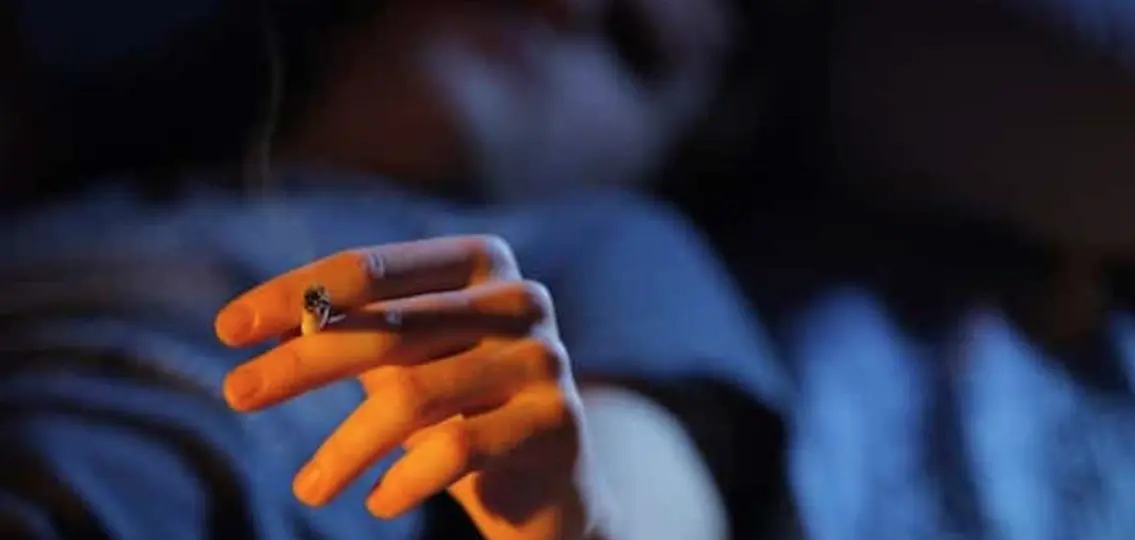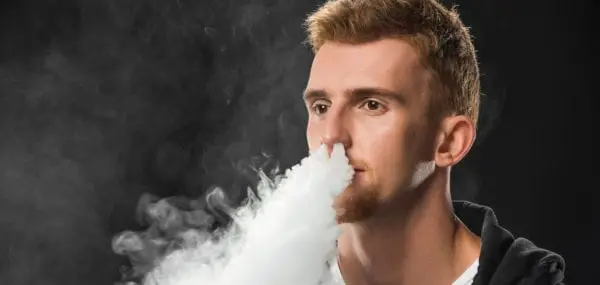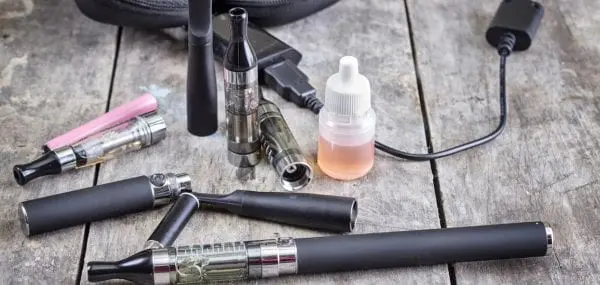Teenage drug use can range from experimentation to addiction. No matter where the child lands on the spectrum of use, treatments exist.
A survey conducted by the University of Michigan asks nearly 50,000 eighth to twelfth grade students every year about their opinions on drugs. We know that by the time teens are finishing high school, almost 70 percent of them will have tried drinking, over half of them will have tried an illegal substance, and over 45 percent of them will have tried vaping nicotine.
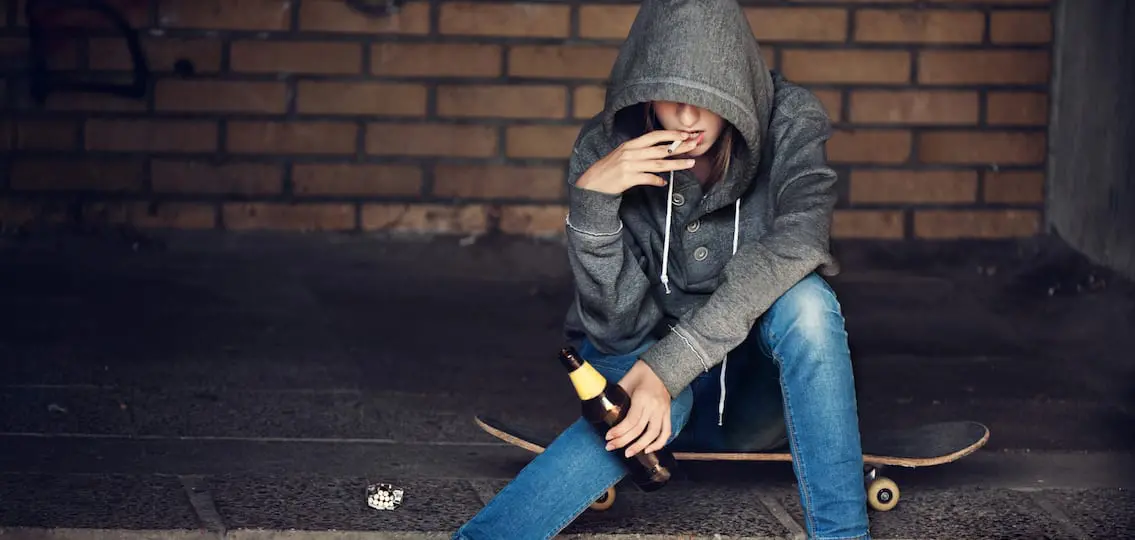
I empathize with the array of emotions I witness when parents discover they have a teenager who uses drugs. Big reactions are normal—anger, fear, sadness, disappointment, worry, confusion are all understandable emotions. But they won’t be helpful for what comes next.
Once you know your teen is using substances, it’s important to approach this complex situation of teenage drug use with a clear head and an open heart.
How to Deal With Teenage Drug Use
1. Cool, calm and collected
Emotions are running high for everyone, so before anything is discussed it’s important to take time to assure everyone can start from a place of calm. Screaming, demanding explanations, threatening punishments and reminding your child how horribly they have messed up by using drugs will only escalate an already explosive situation.
Coming at the problem calmly will allow you to prioritize the connection between you and your teen even when their behavior isn’t appropriate. The biggest influence on teens is the positive connection with a caregiver. When they feel that connection is being prioritized, they are much more likely to receive advice and direction.
2. Chase the why of your teen’s drug use
Your goal when talking to your child is to find out what led them to use substances. The key is to stay curious about the answers they have, instead of interrogating them to gather information about the incident. Discovering why they arrived at the choice to use will be more helpful than simply having details about the incident.
What was it about trying the substance that seemed appealing? Were they alone when they were using or with a group of friends? If they were with a group of friends, what is it about this group of friends that they are identifying with? Do they have a good understanding of what they were using and the impact it has on them physically, emotionally and physiologically? It is much more powerful when they can arrive at their own conclusions rather than being told how they should have chosen more wisely.
3. Knowledge about teenage drug use is power
Teens do not know enough about what they are trying before they decide to try it. So do your homework. Learn everything you can about the substances they are using, the impact it has on their brain, physical development, mental and physical health and then empower them with that knowledge. We know that when teens have that knowledge, they are more likely to make educated decisions.
4. Set boundaries
When I talk to parents about how important it is to prioritize connection and to encourage their children throughout this process I sometimes hear, “But then they think there are no consequences to their actions.”
You can prioritize connection while also setting boundaries for your teen. This is a perfect way to model and teach self-control and responsibility. It’s appropriate to let teens know they have stepped outside of your family’s expectations and that there are consequences. However, it’s important to convey your disappointment and set your boundaries in a way that emphasizes you care. Let your teen know you will never use shame or guilt to discipline them for their substance use. That will only cause them to shut down and prevent them from being willing to hear you out.
5. Expand your village
Teenage drug use is always a cause for concern. Even if your teen only tried a substance once and vows to never make this mistake again, it doesn’t hurt to seek the support of a professional. Teenage substance use may be a behavioral indicator that your teen is having some underlying issues that they need to work through.
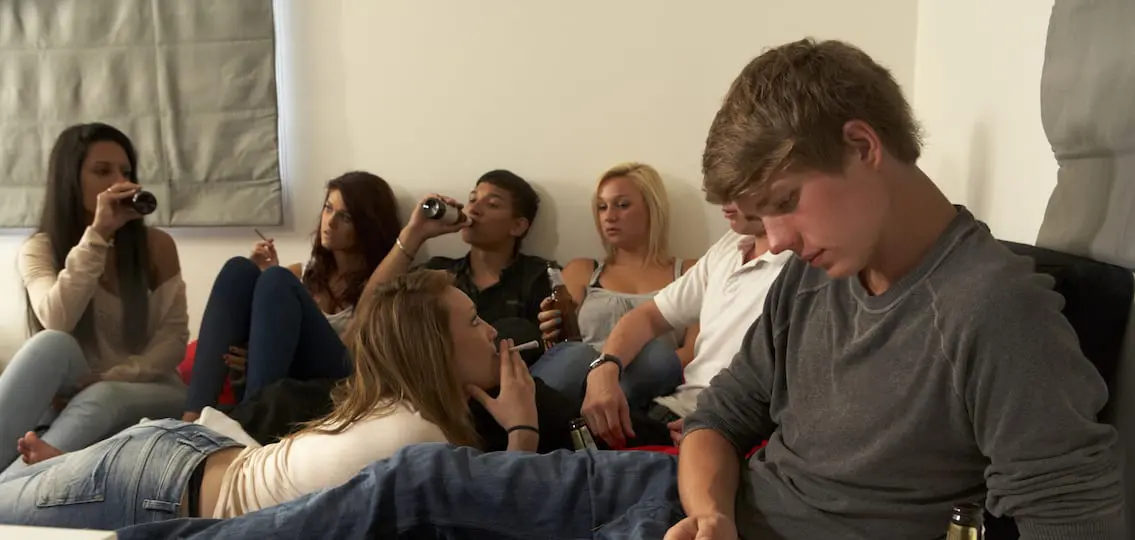
Offering your teen the support of another trusted adult can have a huge impact on their future decision making regarding teenage drug use. The teen years are tough, and they are going through a developmental stage where they may be more willing to accept support and guidance from another adult over you. Don’t take it personally. It is developmentally appropriate and it’s beneficial to help them build a village of support.
